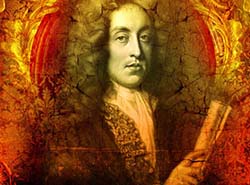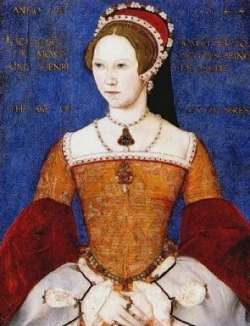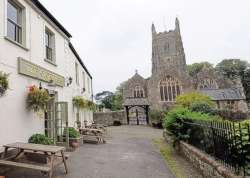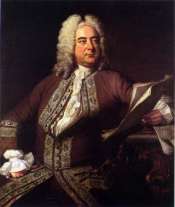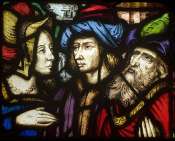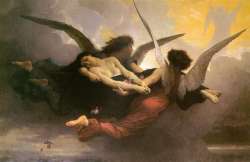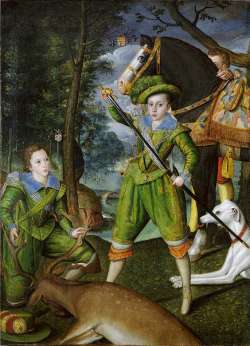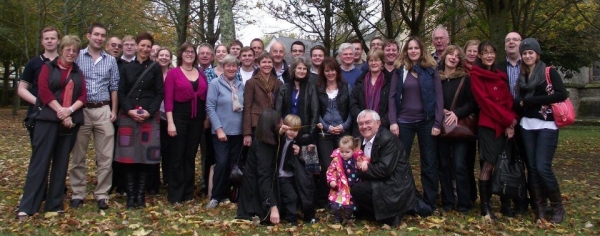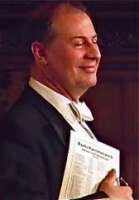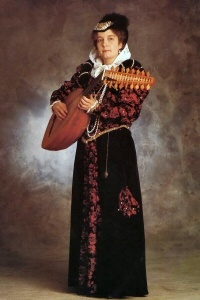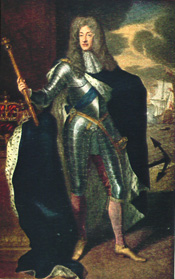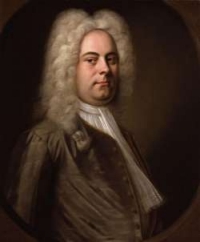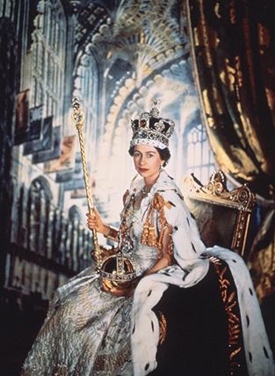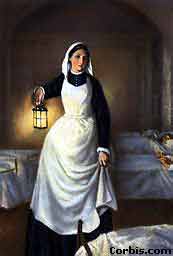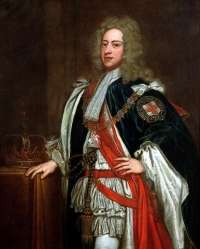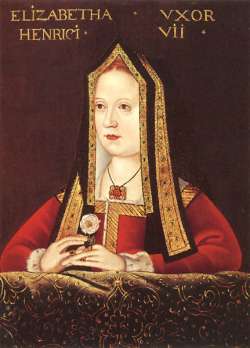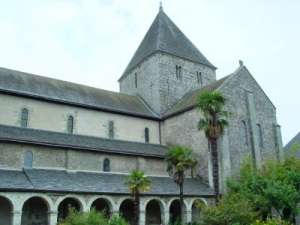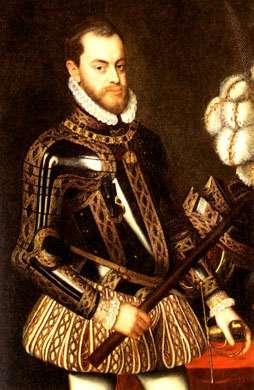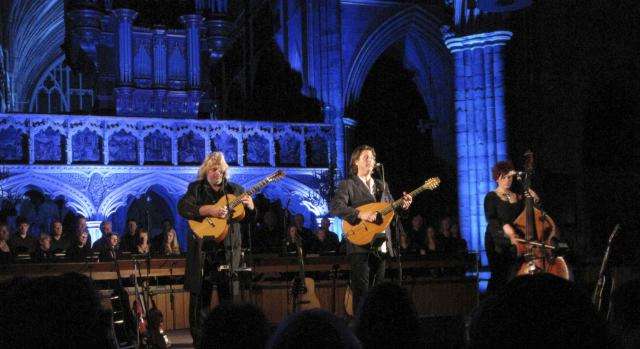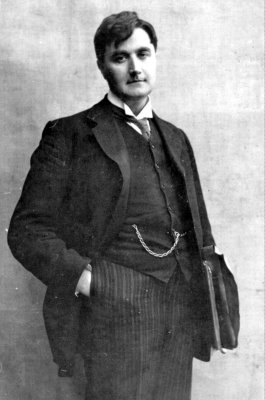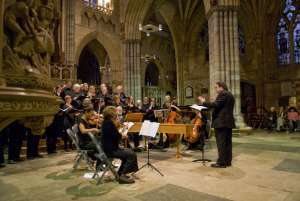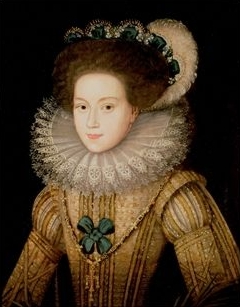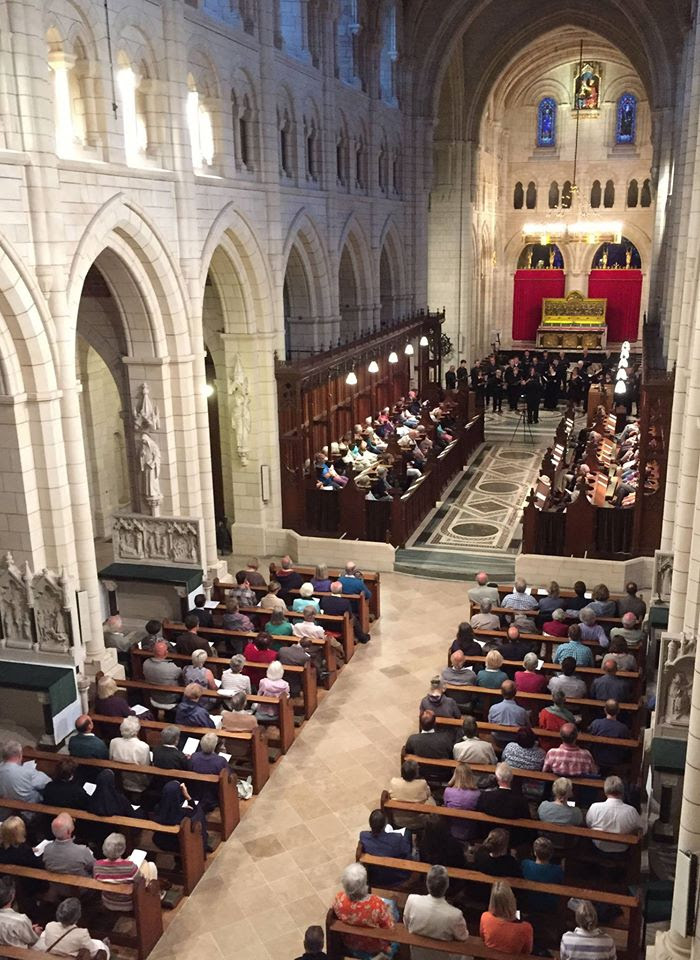
Saturday 20th June 2015
Farewell Concert
Counterpoint
with
James Bowman (countertenor)
Buckfast Abbey
This was our Final Concert at Buckfast Abbey, and celebrated the past 28 years of concerts and services in this wonderful church.
We performed our most popular pieces from our long history.
The choir comprised singers from those many happy years, including our good friend, James Bowman.
Programme:
- Vox dicentis - Naylor
- Psalm 130 - Out of the deep
- James Bowman - O nata lux - Tallis
- James Bowman - Ave verum - Byrd
- Bogoroditse Dyevo - Rachmaninov
- O magnum mysterium - Lauridsen
- Lux aurumque - Whitacre
- The Reproaches - Sanders
- INTERVAL
- James Bowman & Counterpoint - Drop, drop slow tears - Gibbons
- James Bowman - Elegy on the death of Thomas Tallis - Byrd
- Funeral Ikos - Tavener
- Versa est in luctum - Lobo
- Lux aeterna - Elgar
- James Bowman - Hide not thou thy face - Farrant
- James Bowman - Evening Hymn - Purcell
- Circumdederunt me dolores - Padilla
- Sleep - Whitacre
- Encore - Tourdion - anon, French 16th century.
|
-
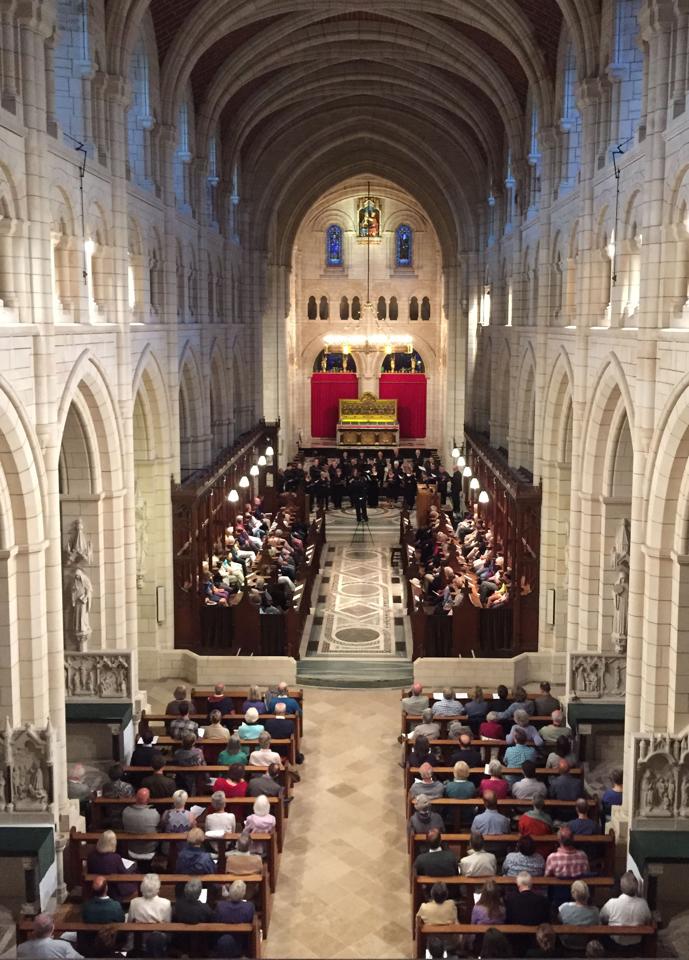
Counterpoint from above |
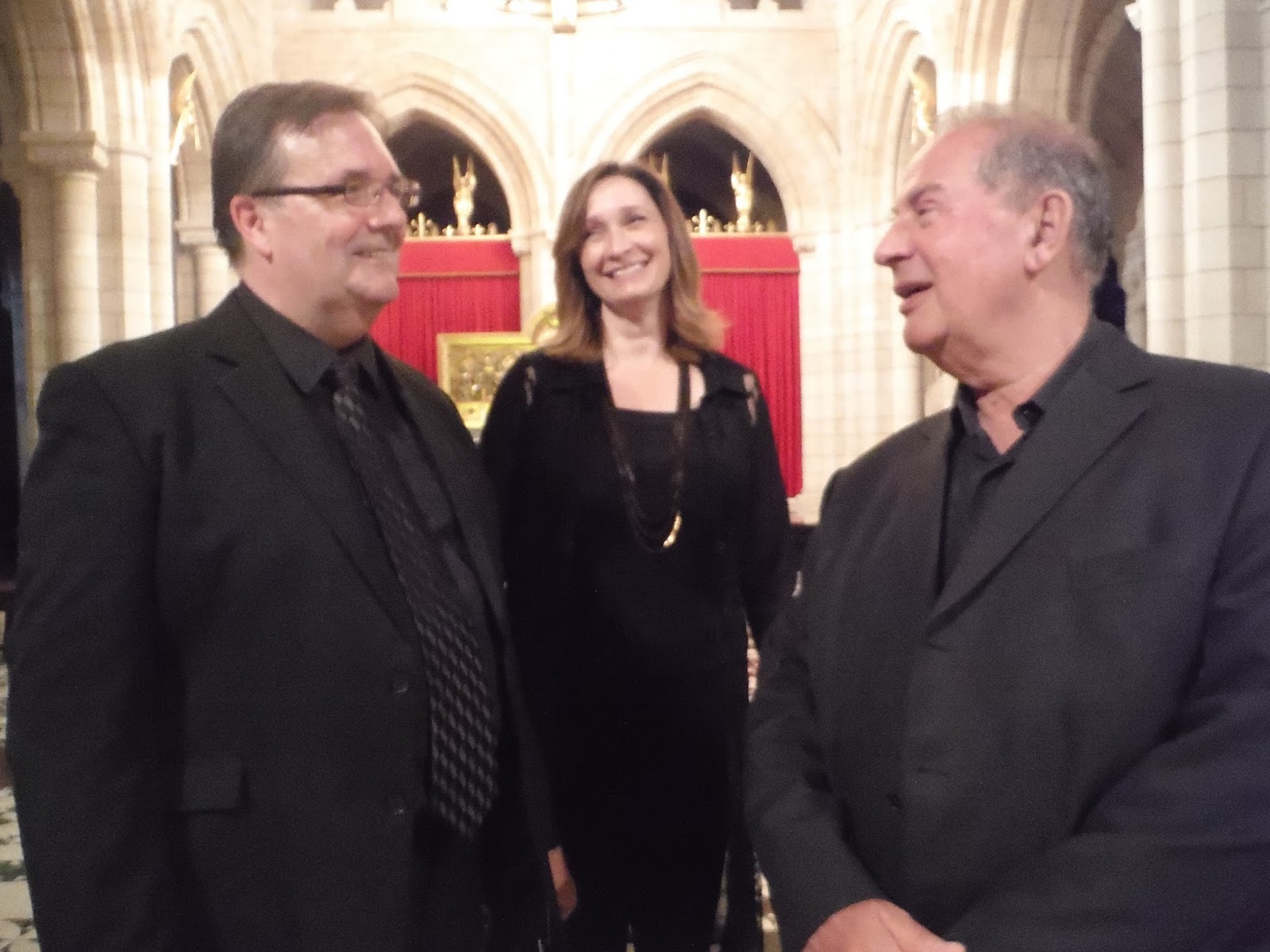
David - Judith - James |
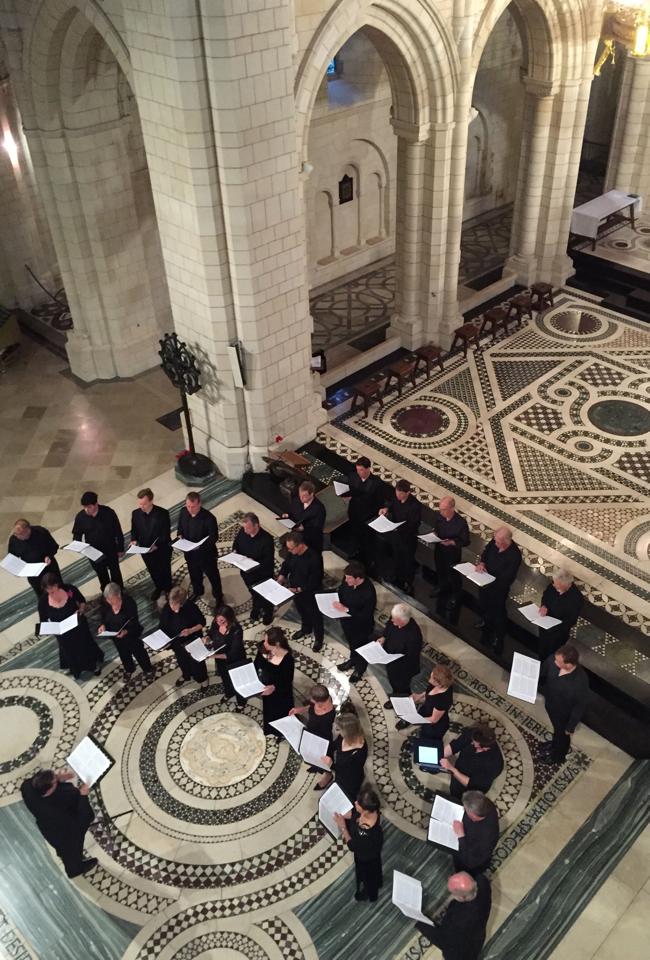
Counterpoint from the lantern |
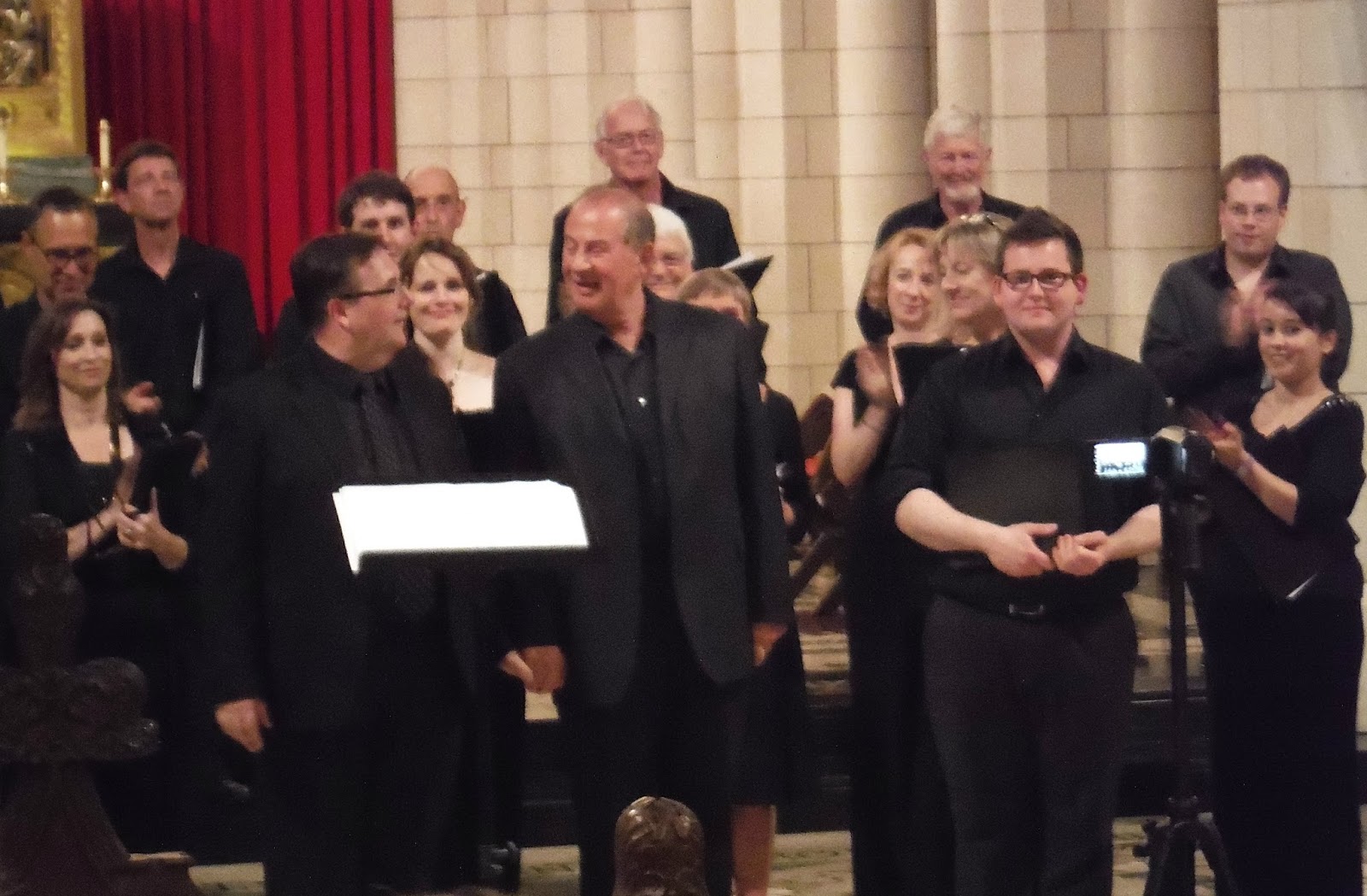
Judith - David - James - Shaun |
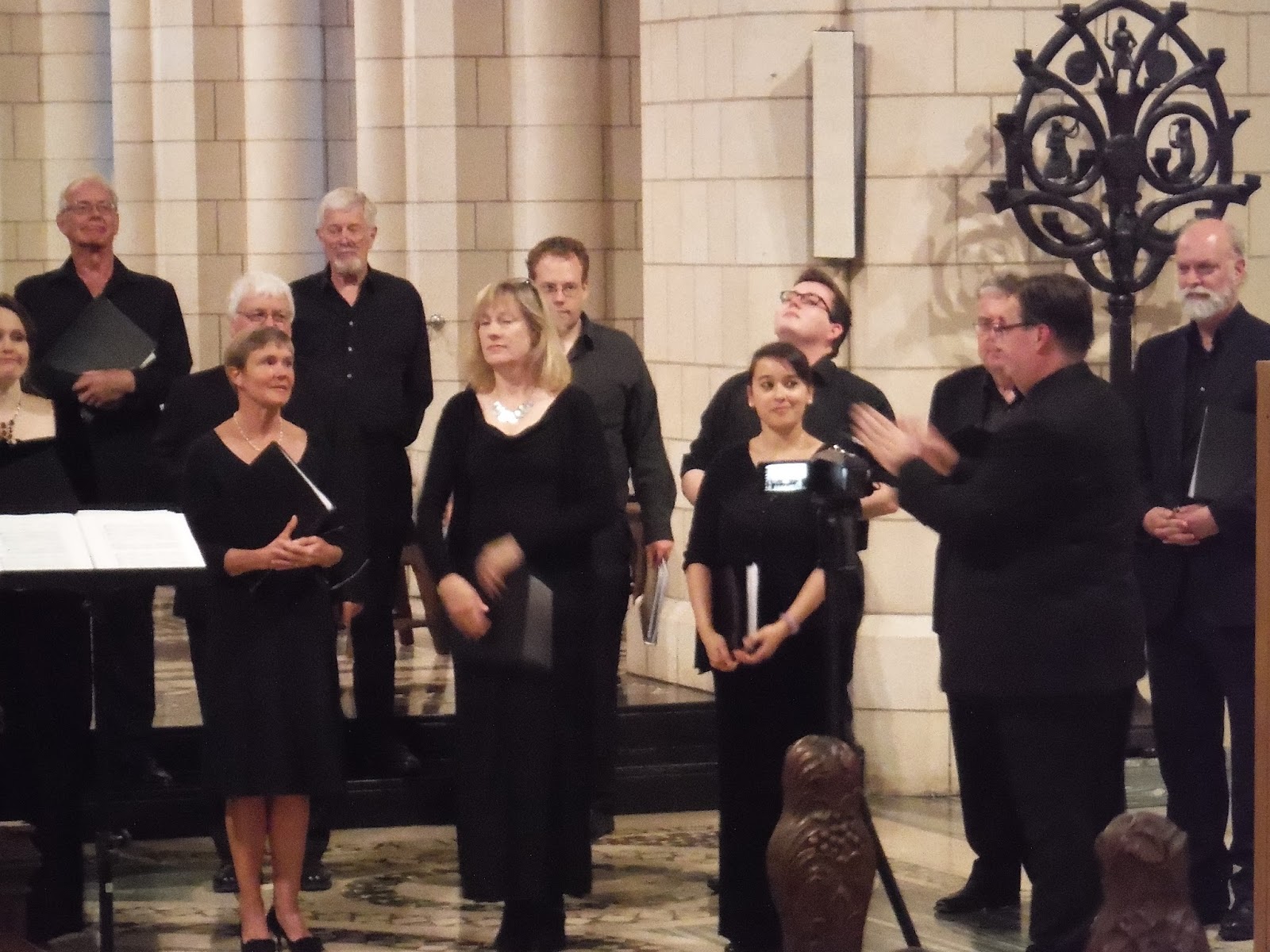
David applauds the choir |
For more than a quarter of a century, a former Exeter Cathedral choristeer, David Acres, has been making sensational music, both sacred and secular, with his own unique choir - Counterpoint.
- In 2012, David moved to Cleveland Ohio, joined the choir of Trinity Cathedral, became a member of the Trinity Chamber Singers, joined Quire Cleveland, and founded a new high voice ensemble - 'Contrapunctus' - with Judith Overcash as Artistic Director.. David and Judith moved to Charleston, South Carolina, where they were married in 2014. They also founded a new choir, The King's Counterpoint, to continue the pursuit of sacred and secular polyphonic music through the ages.
- The loyal Counterpoint audience in Devon were not forgotten. David and Judith returned to Buckfast Abbey on Saturday 20th June this year to give a 'farewell' concert, and were joined once again by James Bowman. The Abbey was, understandably, packed with well-wishers on the night.
- The audience had two glorious hours of music. The concert featured a thrilling and nostalgic selection of pieces, which had been performed by Counterpoint in the preceding twenty-six years. The choir was at full strength, with thirty members, including Judith with the sopranos - not to mention James Bowman singing with the choir and solo. To accompany James, counter-tenor Shaun Pirttijarvi doubled as baroque organist.
- The music began with Vox Dicentis, 'Clama' (A voice said, "Cry out!"). This motet was written in 1911 by the organist of Emmanuel College Cambridge, Edward Naylor. The text comes from the Isaiah. The sense of a lone voice crying out in supplication in the wilderness was perfectly evoked by the whole choir, introduced by the lower voices. The ensuing exegesis was a masterpiece of interplay between voices, and the perfect introduction, or re-introduction, to the wonders of such a prestigious choir.
- In a poignant reminder of the commitment of many Counterpoint members to the musical life of the Abbey, and Exeter Cathedral, the choir moved on to Psalm 130 - "Out of the depths I cried unto thee, O Lord". With its soothing tones, and gentle doxology, this formal piece of liturgy reprised the preceding theme in a beautiful form, perfectly suited to the ecclesiastic atmosphere of the Abbey.
- James Bowman sang two solo pieces in the first half of the concert, both from musicians of the sixteenth-century Chapel Royal, O Nata Lux, de Lumine (O Light, Born of Light) by Thomas Tallis and Ave, Verum Corpus (Hail, True Body) by William Byrd. Tallis and Byrd held the monopoly in polyphonic music for two decades under Elizabeth I. In these two liturgical songs, they set out to impress listeners abroad with the delicacy and complexity of English music. Accompanied by Shaun Pirttijarvi on the baroque organ, James expounded those principles all over again with his splendidly controlled counter-tenor voice.
- The choir took liturgy in a different direction next, with the deeply sad and angry rendition of Ave Maria written by Sergei Rachmaninov for his All Night Vigil for the fallen soldiers on the Eastern front in 1915. Bogoroditse Dyevo (Hail, O Virgin) is initially ethereal, but then threatening, as the full force of the voices charge the music with emotion.
- The mysterious sound of Rachmaninov's Russian lyrics led straight into Morten Lauridsen's 1994 version of the Christmas responses, O Magnum Mysterium (O Great Mystery). The devotional words express the transcending delight associated with the mystery of a human mother giving birth to a divine being.
- The celestial brilliance of Lauridsen's mystery was sustained as the choir moved on to another piece, composed for Christmas in 2000 by Eric Whitacre, Lux Aurumque (Golden Light). The words are from Edward Esch's contemporary poem Light and Gold, translated and adapted by Charles Anthony Sylvestri. The voices of the choir, however, joined so seemlessly, and modulated so seductively, that the mood Eric Whitacre intended was conveyed in delicious sound, as much as through the words.
- To lead to the intermission, the choir sang an extended piece of music composed by John Sanders in 1993, The Reproaches. John Sanders wrote this musical setting of the liturgy for Good Friday the year before he retired as organist at Gloucester Cathedral. The text combines the words of the Passion, "O my people, what have I done to you?" with the words of the Eastern Orthodox Trisagion (Thrice Holy), and prayer of supplication. Counterpoint baritone, Matt Cann, has recently recorded this piece with his Antiphon choir as part of their new CD on the Willowhayne Records label - O My People. Matt describes The Reproaches in this way: "One of the glories of music for Passiontide, you'll hear the Sanders' Reproaches sung in nearly every cathedral on Good Friday. It is quite simply the most sublime piece of music." A perfect description of the Counterpoint performance.
- The first of James Bowman's two pieces after the interval was the highly emotional Drop, Drop Slow Tears by Orlando Gibbons, a younger contemporary of Tallis and Byrd who joined the Chapel Royal under James I. Orlando Gibbons died only two years after William Byrd, who lived to be eighty-three. Forty years earlier William Byrd had mourned the loss of his mentor Thomas Tallis (who had himself lived to eighty years of age) and composed his famous Elegy on the Death of Thomas Tallis. As Shaun Pirttijarvi continued his gentle organ accompaniment, James proceeded into the Elegy. With inexorable grace he invoked the sacred muses to come down to earth and join in the lament, "Tallis is dead, and Music dies."
- Suddenly the choir took us to 1981, and the music of John Tavener who was at that time not much younger than William Byrd was when he wrote his Elegy. John Tavener wrote Funeral Ikos four years after his conversion to the Greek Orthodox Church. The text is the liturgy for the funerals of priests, and a very appropriate adjunct to the elegy that preceded it. The pained and plaintive entreaty of the words, to understand the mystery of death, is interspersed by the reassuring repetition of the chorus - four drawn out Alleluias.
- Continuing the theme of mourning, the choir moved back to 1598 and Alonso Lobo's funeral refrain for the death of England's Prince Consort, Felipe II of Spain, Versa est in Luctum Cithara Mea (My Harp turns to mourning). We must recall, at this point, that the concert was heading rapidly towards its close. An era was ending and long-standing members (including founder members), as well as those who joined the choir more recently, were feeling the emotion of the words particularly strongly. Needless to say, their voices were as strong and clear as ever, but now a distinct mood of sadness and loss infused the words more than ever before, "Spare me, O Lord, for my days are nothing."
- As a fitting coda to the sequence of funeral music, David led the choir in a very familiar setting of words from the requiem mass "Lux Aeterna Luceat Eis, Domine" (Let everlasting light shine upon them, O Lord). In 1899 Edward Elgar used the music from his successful orchestral composition of the previous year, The Enigma Variations, as a setting for "Lux Aeterna". The ninth variation, an adagio, is dedicated to his editor Augustus Jaeger, and represents Nimrod, the mighty hunter in Genesis - 'jäger' meaning 'hunter' in German) This was the perfect opportunity for David to conduct a full orchestra of vocal expression - and for the choir to regain their composure in a refreshing tumult of sound.
- James Bowman made his final solo appearance, and most lasting impression, with a further two impassioned laments from the sixteenth and seventeenth century. The first was composed by a contemporary of William Byrd at the Chapel Royal, Richard Farrant. As well as providing music for royal ceremonies, Richard Farrant was also a playwright and founder of the Blackfriars Theatre on the site of a Dominican Priory in London as a venue for child actors associated with the Chapel Royal.
- Hide not thou thy face from us, O Lord is loosely based on the words of Psalm 102, elaborating on its message with an offer to confess all sins, in return for deliverance. James projected just the right air of abject obeisance as he sang these deferential words of entreaty, evoking the religious fervour of the Tudor Royal Court.
- Finally James sang the piece for which he is perhaps most famous. When he was at Exeter Cathedral (exactly three years before this concert), to receive his Fellowship of the Royal School of Church Music at the Celebration Day Service, James performed Henry Purcell's Evening Hymn. Purcell was at the Chapel Royal a century later than William Byrd and Richard Farrant. He attended the coronation of Charles II and wrote music for the funeral of Mary II.
- Unlike Farrant's public display of piety, Purcell's hymn is a more private expression of devotion. The words, "Now that the sun hath veiled his light" refer to settling down for a good night's sleep, rather than anticipating death. (Henry was only twenty nine when the hymn was published.) The hymn is almost a lullaby, culminating in a soporific iteration of the final word, "Hallelujah". It was a very special treat for everyone to hear James perform this delightful piece so sweetly once again.
- The choir closed the concert with music from the New World. Juan Gutiérrez de Padilla moved from Spain to the Caribbean as a young man in 1620. His works are preserved in Puebla de Los Angeles in Mexico, where he became Director of Music at the Cathedral when he was thirty-eight. There is a distinctly transatlantic flavour to Circumdederunt me Dolores Mortis (The Sea of Death), where he felt doomed to damnation in hell. In a fitting echo of the opening music of the concert he ends, "A Deum meum clamavi" (To my God, I cried.)
- The systematic winding-down of emotions in the closing pieces reached its reassuring and enrapturing nadir in one last piece of modern - and secular - music. Despite the summer sun still being firmly above the horizon, the choir sang "The evening hangs beneath the moon", opening another setting of poetry by Eric Whitacre, Sleep. The original words by Robert Frost were "Stopping by Woods on a Snowy Evening", but copyright issues meant that Whitacre had to ask Charles Anthony Sylvestri to step in and write a new set of lyrics to his music. When the work was completed, Whitacre preferred Sylvestri's version and eschewed Robert Frost's verses.
- As a finale to an evening of heart-breaking music of mourning, Sleep was just the tranquilliser needed to settle the tortured breast. The gentle ululation of the closing word, 'sleep', repeated hypnotically, and perfectly mirroring the 'Hallelujah' of Purcell's hymn, provided a perfect respite for reflection and nostalgia. What a beautifully thoughtful and well-considered choice of programme by David Acres.
- Just one more ...
- Counterpoint audiences know not to applaud after each piece (although they would often like to). However, at the close of the concert the audience took the opportunity to show their heart-felt appreciation. During the prolonged ovation many were aware that there was more to come. To reflect the choir's French connection, David had prepared a captivating encore in the form of a dance.
- Tourdion translates literally as "The Twist". In this case, however, the sound, and the driving sense of the music, has a more gentle and sensitive feel than the Midnighters' modern version. The minimal sound of the sopranos was like a distant voice calling across time - and from the opposite coast of the English Channel. The continuo was soft and melting, carrying everyone away on a wave of soft murmering magic.
- The 'farewell' concert (or rather, we hope, 'au revoir') was as fitting a send-off as one could possibly imagine. David Acres directed the choir with simple grace, and his familiar ear for detail. Every one of the thirty voices rang out in the lofty confines of Buckfast Abbey with spine-tingling clarity and overwhelming emotion. Every piece was a gem in itself, and each contributed to the building of that very special aural environment which is a Counterpoint concert.
- Particular thanks must go to James Bowman for making a special journey to Devon to sing for us once again. In his introductions, David Acres (a counter-tenor himself) was at pains to point out what an illustrious role model James had been for him. Twenty years ago David regularly made a special journey to see and hear James perform. How amazing to see the two together now, entertaining us with their incomparable music over the past few years.
- Go slowly. Come back quickly! (edited version of review and photos by Luch Càise-Dearg Classical Journey)
|

